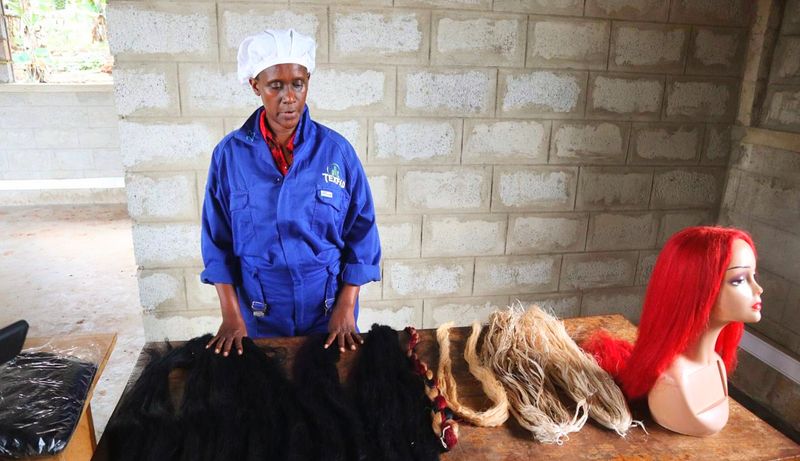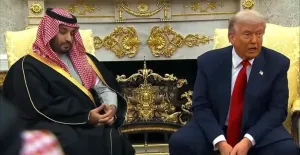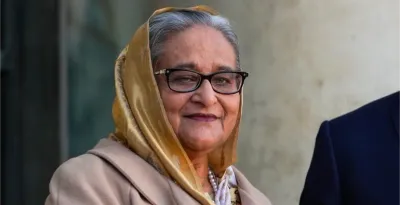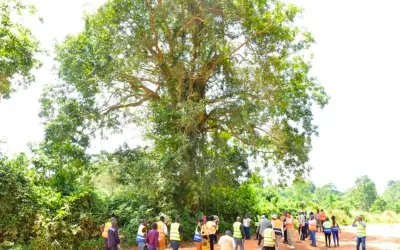
Uganda is on the verge of transforming agricultural waste into a profitable, eco-friendly beauty product by commercializing banana fibre hair extensions. This innovative use of discarded banana stems is being formalized through a new standard currently under development by the Uganda National Bureau of Standards (UNBS).
Levi Brian Kaneene, a Standards Officer at UNBS, announced during a public consultation in Kasaayi, Kyampisi Sub-county, Mukono District, that the draft standard is nearing completion. “We are testing requirements such as tensile strength, colorfastness, and pH to guarantee the product is durable and safe for consumers,” Kaneene stated. He emphasized that these standards will enable local producers to meet international regulations and successfully compete in global markets.
The push to standardize banana fibre hair extensions follows pioneering efforts by Texfad, a Ugandan company based in Kyampisi and established in 2013. Originally known for producing crafts and carpets from banana waste, the company has recently expanded into the beauty sector by creating biodegradable hair extensions.
After years of innovation and collaboration with researchers, Texfad has succeeded in creating hair extensions that mimic the appearance and texture of synthetic hair. “We sell a kilo at 200 dollars internationally and 150 dollars locally,” said Texfad founder Muturi Kimani. “Farmers also benefit, earning 100,000 shillings per truckload of banana stems used in producing the final product. This is not just fashion; it is a new green industry.”
Operating on a two-acre facility with a team of 40 workers, Texfad currently produces 20 kilograms of hair extensions daily, far below existing demand. Nevertheless, the company has already secured international clients in markets such as the United States, the United Kingdom, and Belgium, targeting the premium natural hair segment traditionally dominated by Brazilian and Indian hair.
Local hairdressers have also observed growing interest. In Entebbe, Maria Mourine Nabuule shared her experience: “Clients say it is light and causes no scalp irritation compared to synthetic hair,” she noted. “But prices remain too high for many Ugandans. Scaling up production could change that.”
Expansion efforts are already in motion. Through a partnership with Busitema University and several international organizations, Texfad is upgrading its production capacity using equipment funded by a £600,000 (approximately 3 billion shillings) grant from the UK government. This investment aims to enhance both fibre quality and output, while researchers continue to explore ways to blend banana fibre with cotton for textile applications.
Dr. Edwin Kamara of Busitema University highlighted the broader potential of the innovation: “This innovation could move beyond crafts into mainstream clothing. With standards in place, banana fibre can be Uganda’s next export success.”
Looking ahead, Texfad envisions scaling operations with a mechanized plantation covering one square mile. This expansion could create up to 3,000 jobs across the agricultural, manufacturing, and distribution sectors.
With official standards expected soon, Uganda’s banana fibre hair extensions are on track to claim a space in the $80 billion global hair industry. From farm waste to fashionable hair, this unique venture exemplifies how sustainability and innovation can redefine an entire sector, and potentially establish one of Uganda’s most remarkable exports.














Lynzy Mbabazi
Leave a Comment
Your email address will not be published.